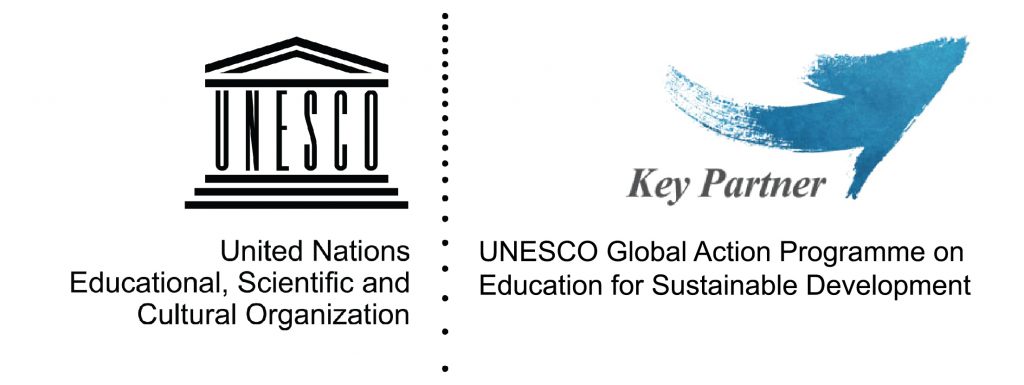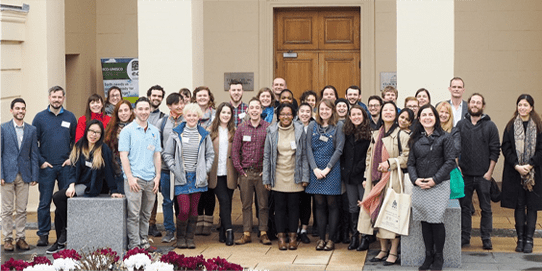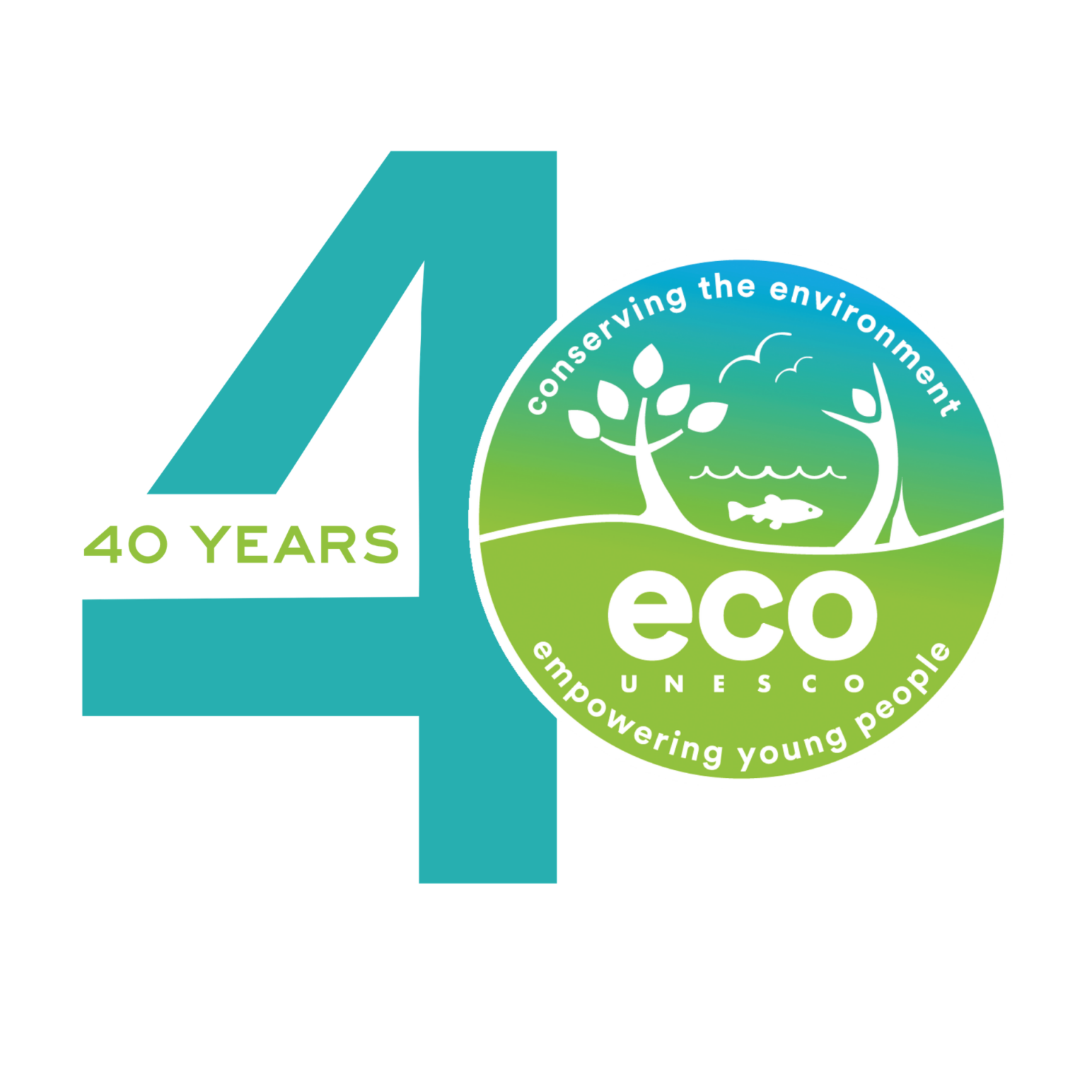Link with UNESCO
In 2015 ECO-UNESCO was selected as a Key Strategic Partner for the implementation of the UNESCO Global Action Programme in Education for Sustainable Development. ECO-UNESCO is affiliated to the World Federation of UNESCO Clubs, Centres and Associations (WFUCA). The UNESCO Clubs movement started with the aim of providing a means for individuals to become involved in promoting the goals of UNESCO, namely cooperation and collaboration for peace. Founded in 1981, WFUCA is responsible for informing, coordinating and mobilising its members with UNESCO’s support and cooperation. ECO-UNESCO is the WFUCA affiliate in Ireland and supports and coordinates an all-island network of ECO-UNESCO environmental youth clubs.
ECO-UNESCO is affiliated to the World Federation of UNESCO Clubs, Centres and Associations.
What is the World Federation of UNESCO Clubs, Centres and Associations?
Since the first UNESCO Club was founded in Japan, in 1947, UNESCO Clubs, Centres and Associations have been very valuable partners for the UNESCO.
Club movement members, who are volunteers, include people of all ages and nationalities from every walk of life. they share a commitment to UNESCO’s ideals and work to translate them into reality on the ground. Members are therefore well placed to present the views of civil society to decision-makers.
In the half-century the UNESCO Clubs movement has been in existence, the world has witnessed a vast range of events concerning every one of UNESCO’s fields of competence.
In 2006, the movement included some 3.700 associations, centres and UNESCO clubs in more than 100 countries throughout the world.
At the international level, the World Federation of UNESCO Clubs, Centres and Associations (WFUCA) is responsible for informing, coordinating and mobilizing its members, with UNESCO’s support and cooperation.
In the light of civil society’s growing role in public policy-making, the Club movement can play a key part in educating citizens, and can contribute to dialogue between cultures and generations for sustainable development.
Key Strategic Partner for the implementation of the UNESCO Global Action Programme in Education for Sustainable Development 2015- 2019

Youth Leaders
UNESCO Global Action Programme on Education for Sustainable Development
ECO-UNESCO Club of Ireland in conjunction with UNESCO, ran the 2 day GAP training in 2017 for the European region. 27 young people from 10 countries attended.
The training was supported by the Irish Ministry of Education, which provided the training space as well as publicising the initiative. The Irish Ministry for Foreign Affairs (Irish Aid) also supported the programme and hosted an evening reception for participants. Participants also attended the post-workshop excursion to the UNESCO Biosphere Reserve on North Bull Island in
Dublin Bay to learn about its significant ecological value.
Of those who attended:
- 59% were female and 41% were Male
- 55% were aged between 21 and 25
- 30% were between 26 and 30
- 15% were between 31 and 35
- 45% came from the NGO sector (incl. youth organisations, community groups)
- 51% Student union/Student network/university
- 4% from the UN
- 33% were resident in Ireland
- 37% in the UK (including Northern Ireland)
- 33% in other EU countries
- There were 10 nationalities
- 33% from Ireland; 22% from UK; 26% from other EU incl. Belgium, Netherlands, Italy, Germany, Greece, Sweden; 8% came from outside EU incl. Argentina and South Africa.
The young people who attended the GAP Youth Leadership training have increased their knowledge, understanding and skills related to education for sustainable development.
- 76% of participants reported an increased understanding of ESD as a result of the training. (The other 24% had reported their knowledge in advance of 5 on a scale of 1-5 so could not improve on that)
- 88% said they felt more confident and prepared to facilitate a workshop.
- 65% of respondents stated that they definitely planned to be an active ESD Youth Leader, and the remaining 35% answered ‘probably’ or ‘maybe’.

Post the 2 day GAP training, the Youth Leaders went on to deliver over 33 additional workshops to 1020+ additional young people in 10 countries including Ireland, Northern Ireland, United Kingdom, Belgium, Netherlands, Italy, Switzerland, Greece, Finland and South Africa have been given as a result of the GAP ESD training to date, with Ireland and Belgium having the highest level of participation. The workshops covered a wide range of issues related to sustainable development including the Sustainable Development goals, sustainable food consumption; biodiversity etc.
